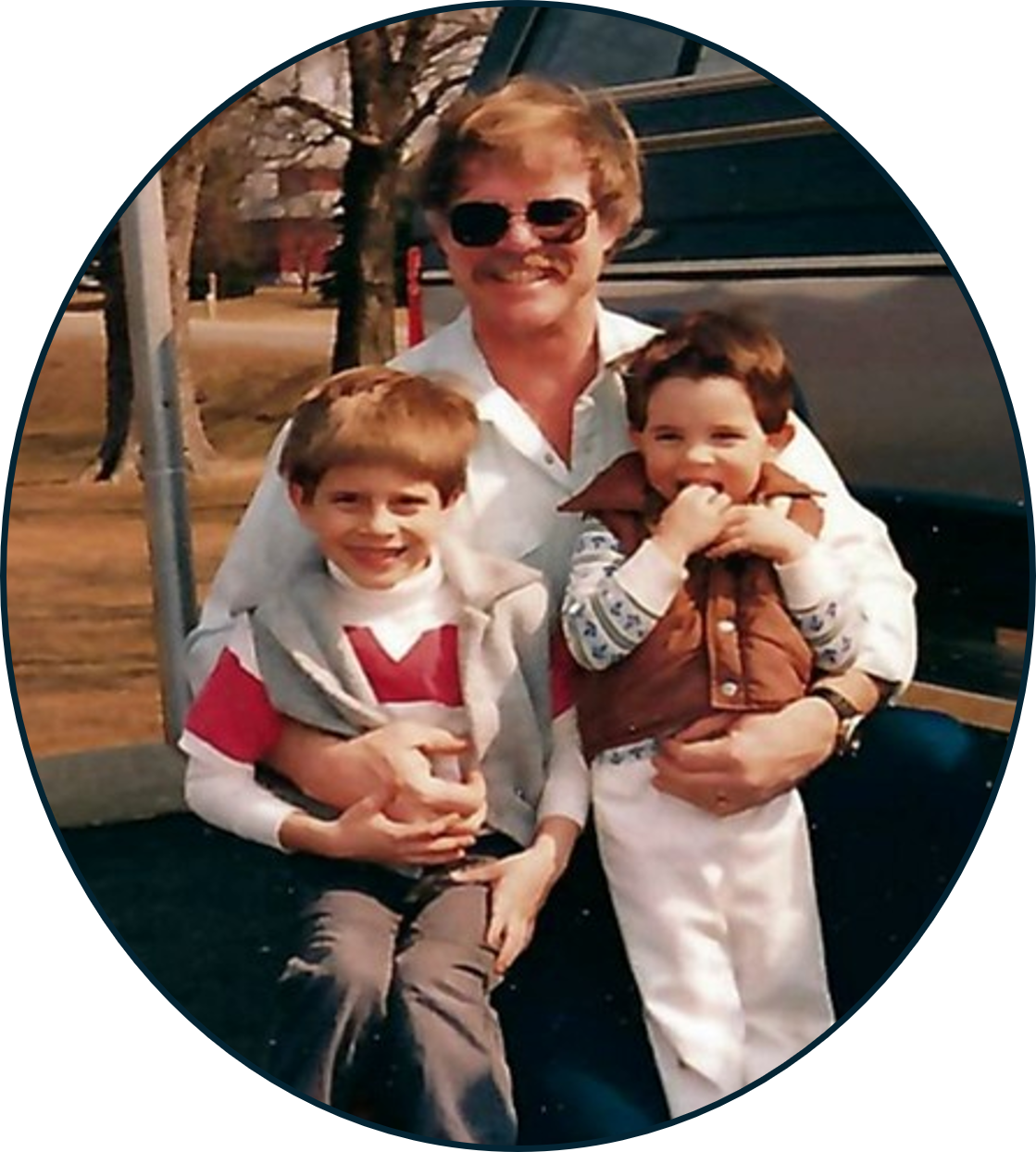Author - One who puts down words to create and give to others.
A nonfiction author incorporates innovation with experience
in the hope of helping others.
I am such an author.
My current work is entitled:
Homegevity
Homegevity: Longevity in your home through illness, accident, and aging.
Important considerations whether you are buying, remodeling, or building
Purpose-The Who
Curt, my husband, was an Army veteran who served in Vietnam and was exposed to Agent Orange. He was proud to have served our country, even though the reception he received upon returning home was appalling. After his service, he continued to give back as a firefighter and paramedic.
We had no idea the challenges we would face due to the long lasting effects of Agent Orange: ischemic heart disease leading to three heart attacks and a stroke, Parkinsonism causing severe tremors, a right-side Deep Brain Stimulator (DBS), then prostate cancer, and later a second DBS on the left side.
As his condition worsened, he began to fall frequently and at times required a walker. We decided to build an accessible home—one with a walk-in entrance from the garage, a zero-threshold shower, and space to use a walker or wheelchair. He stayed here one night before he passed away; before we could even finish moving in.
I was a nurse for 42 years and a nurse practitioner for 18, yet I couldn’t undo the damage that had been done long before the Vietnam War. We didn’t get to share the accessible home or grow old together. But I’m still a nurse at heart—and I still want to help people. I want to help you and let Curt’s journey lead the way to something better for others.
*****
Introduction-The Why
The cost of war is profound. Tens of millions of Americans have accepted the challenge to serve our country, whether in peacetime or in war, always knowing the risks. Many of those risks result in lifelong disabilities. In 2023, the U.S. Department of Labor reported there were approximately 5.27 million veterans with a service-connected disability. Veterans face a 26% disability rate—more than double that of non-veterans at 12%.
As of 2024, over 45,000 veterans are living with major limb loss. While many of these lower extremity amputations (LEA) result from combat or traumatic accidents, approximately 60% are related to chronic health conditions, such as diabetes or peripheral artery disease (PAD). Reduction of chronic conditions are a focus of the Veteran’s Affairs, with a goal of preventing or decreasing the effects of chronic disease through early health care. However. LEA and lower extremity dysfunction may require accessible accommodations, allowing people to live in their homes, while reducing falls and further injury.
The longest war in U.S. history—by just six months—was the War in Afghanistan (2001–2021). The Vietnam War, lasting from 1955 to 1975, also spanned two decades. During those years, veterans were exposed to Agent Orange and other toxic chemicals that have resulted in chronic illnesses, diseases, and disabilities. Today, the VA provides expanded services through the PACT Act (Promise to Address Comprehensive Toxics), enacted in August 2022, to address the long-term effects of toxic exposure for veterans and their survivors.
*****
The What
Homegevity is focused on accessible housing. It is dedicated to Curt and all veterans, but its relevance extends to everyone. Disability, illness, and aging will affect us all. Curt often quoted the military P’s: “Proper Prior Planning…" It was a guide for how he lived—and how I hope this book will serve others. We all need to consider planning for the potential, the unexpected. It took 28 years for the effects of Agent Orange to make changes to my husband. 28 years we could have planned differently if we only would have known. Homegevity is a recommendation for accessible housing with pertinent considerations whether you are buying, remodeling, or building your home.
The Purple Heart Petition
The government awards a Purple Heart for those wounded or killed in battle, and yet there is nothing for the veterans who have suffered or died of their initially invisible wounds. War has changed since George Washington initiated the Badge of Military Merit in 1782, which in 1932 became the Purple Heart. Please see the “Purple Heart Petition” tab in the above right index or the link below for more information. This petition is asking the US President, Congress, and Department of Veterans Affairs to recognize the members of our military who developed injuries, diseases, or died from exposure to hazardous materials. Please join me in asking for recognition of the men and women who have suffered to keep us free. Thank you.
Developed: 08/20/2025
Updated: 11/17/2025
References



